 In our increasingly litigious world, lawsuits—whether justified or not—are common. As an HOA board member, even when operating within your fiduciary responsibilities, you may find yourself on the receiving end of a lawsuit filed by a disgruntled homeowner. Being sued can be a serious matter, both for you and for your HOA, and it’s important to do what you can to minimize the consequences and ensure the best outcome for all parties.
In our increasingly litigious world, lawsuits—whether justified or not—are common. As an HOA board member, even when operating within your fiduciary responsibilities, you may find yourself on the receiving end of a lawsuit filed by a disgruntled homeowner. Being sued can be a serious matter, both for you and for your HOA, and it’s important to do what you can to minimize the consequences and ensure the best outcome for all parties.
While the legal process can be complex, here are a few simple things you should do in response to your lawsuit.
Don’t Panic
Unless the actions for which you are being sued fell far outside the scope of your duties as a board member, were reckless, or were not in good faith, there is a good chance that the lawsuit will be dismissed early on in the litigation process. Generally, the first action a lawyer will take in defending you or your board is to find grounds and move for dismissal, especially when the suit was filed against an individual board member. Furthermore, a reasonable agreement can generally be reached between the homeowner and the HOA board with regards to a policy or desired compromise, which is most often why the suit was filed in the first place.
Get Organized
A lawsuit comes with important legal deadlines, and although you may already have legal representation, either personally or through your association, it’s a good idea to keep your own records of precisely when, how, where, and by whom the lawsuit was delivered. Be sure to keep copies of what was delivered, and have organized any documents, communications, or other information relative to the incident(s) in the suit. This information should be delivered to your attorney as soon as possible, to avoid missing any deadlines and delay or impede the progress and success of your case.
Determine your Liability
Even if your actions were in violation of your fiduciary duties, you may be shielded from personal liability. You (or your lawyer, should you choose to have individual representation) can check your state’s laws to determine if your liability is limited as a board member, and your HOA bylaws and governing documents may have provisions that indemnify its board members and provide compensation for legal expenses in personal liability matters. Some exclusions to certain behaviors (i.e. willful or intentionally harmful) may apply, and depending in the reason for the lawsuit, you may need further legal counsel to determine how much protection you can expect to receive.
Learn and Prepare for Future Lawsuits
Hopefully your case will be dismissed or resolved in your favor, but regardless of the outcome, valuable lessons can be learned from the experience. Aside from ensuring that your actions as an HOA board member remain indisputably within the board’s duties, encourage your HOA to have a plan in place for any future lawsuits and review it periodically at board meetings.
Additionally, encourage your association to obtain directors and officers insurance, if they don’t already have it, which includes an indemnity provision to protect its board members from future lawsuits.




